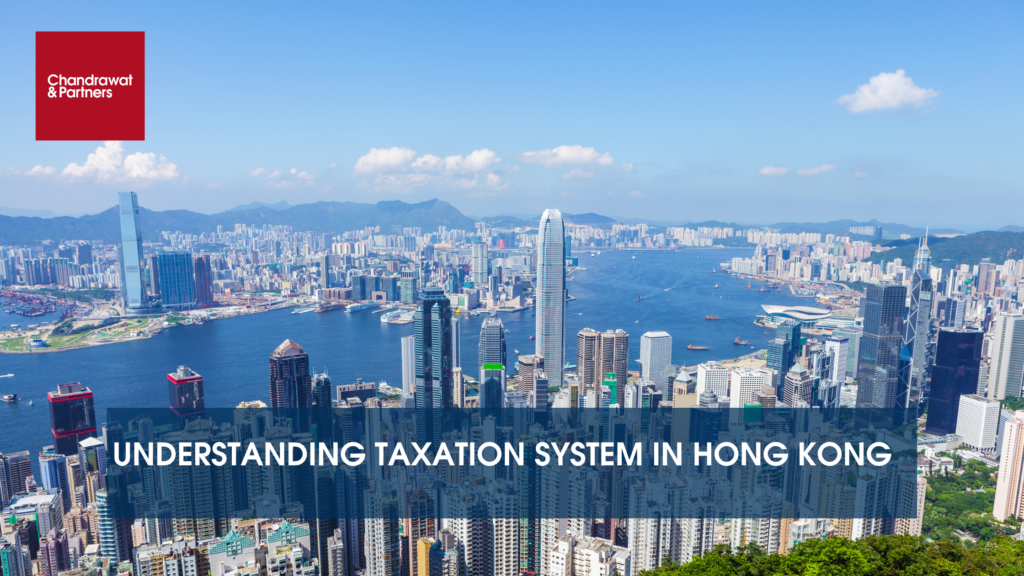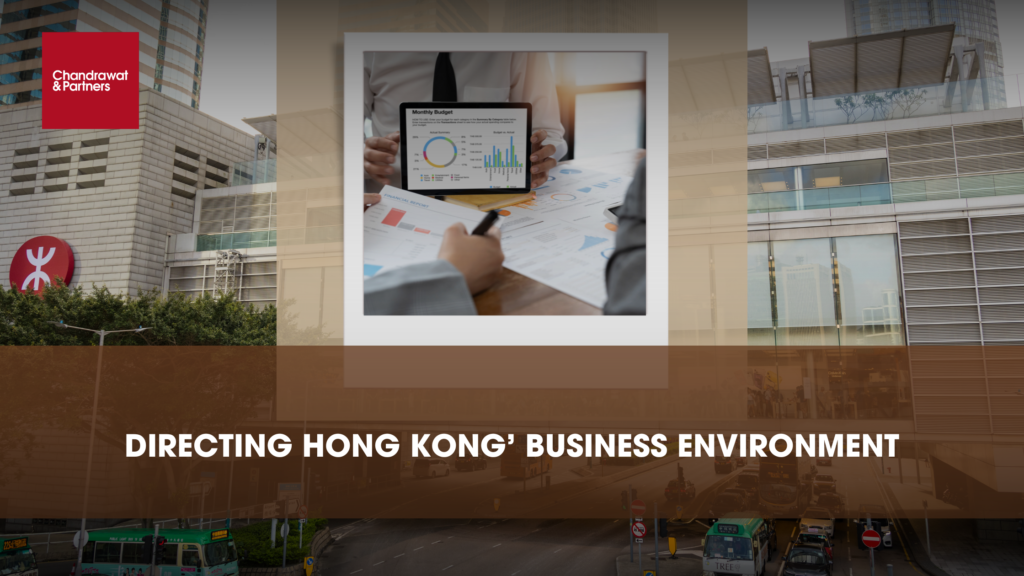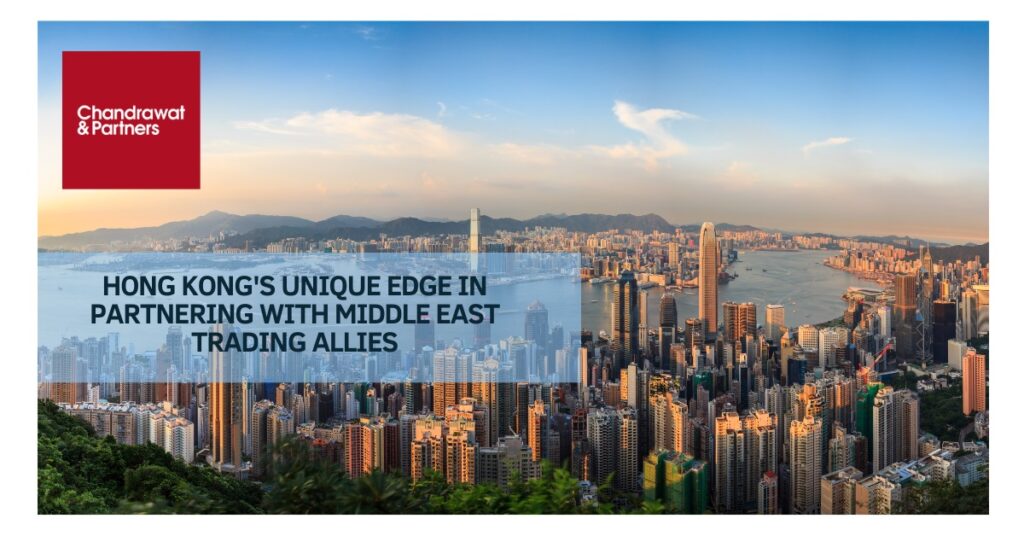Oman
We have a team of professionals to help you with all your business needs. So, that you can focus on business expansion in Hong Kong.
Why Oman?
Oman, strategically located at the crossroads of Asia, Africa, and Europe, serves as a natural gateway to the Gulf and the broader Middle East region. The country is known for its stable political climate, investor-friendly reforms, and proactive diversification strategy under “Oman Vision 2040”, which collectively create a favorable environment for business. Oman’s modern infrastructure, expanding logistics capabilities, and streamlined regulatory framework make it an increasingly attractive destination for foreign direct investment. The government offers various incentives to promote private sector growth, particularly in non-oil sectors such as logistics, mining, manufacturing, renewable energy, tourism, and fisheries. With 100% foreign ownership permitted in most sectors, a competitive corporate tax regime, free trade and double taxation treaties, and access to well-established free zones and ports, Oman provides businesses with both flexibility and opportunity. Moreover, its commitment to economic liberalization, global cooperation, and sustainable development positions Oman as a forward-looking and resilient economy in the Gulf Cooperation Council (GCC) region.

Economy and Investment Climate
Oman’s economy is primarily driven by oil and gas revenues, but the government is actively reducing reliance on hydrocarbons through ambitious diversification initiatives. The Sultanate provides a stable political environment, competitive tax regimes, and liberal foreign investment laws, making it conducive for long-term business engagement.
The implementation of economic reforms, introduction of VAT, development of free zones, and streamlined company registration procedures have enhanced the ease of doing business in Oman. The country’s accession to the World Trade Organization and various bilateral investment treaties further boosts investor confidence.
Legal and Regulatory Framework
Business activities in Oman are regulated by the Commercial Companies Law, the Foreign Capital Investment Law, and various sector-specific regulations. The legal system is based on a combination of Islamic Sharia law and civil law principles.
Key highlights include:
- 100% foreign ownership is permitted in most sectors under the Foreign Capital Investment Law.
- Oman allows full repatriation of capital and profits.
- Business licensing and registration are overseen by the Ministry of Commerce, Industry and Investment Promotion (MOCIIP).
- Companies must comply with Omanisation policies, aimed at increasing national employment.
Regional head-officesBusiness Structures in Oman
Investors can establish various types of entities, including:
- Limited Liability Company (LLC) – The most common structure for foreign investors. Requires at least two shareholders.
- Joint Stock Company (SAOG/SAOC) – Suitable for larger projects; subject to more stringent disclosure and capital requirements.
- Branch Office – Allows foreign companies to operate in Oman by securing a government contract.
- Representative Office – Permits market research or liaison activities but cannot conduct direct commercial operations.
- Free Zone Company – Offers benefits like 100% foreign ownership, tax exemptions, and simplified import/export procedures.
Taxation and Incentives
Oman has a relatively favorable tax environment:
- Corporate income tax is levied at a flat rate of 15% for most companies.
- Small enterprises with revenue below certain thresholds may qualify for exemption or reduced rates.
- No personal income tax is levied on individuals.
- Value-Added Tax (VAT) is levied at 5%, effective from April 2021.
- Free zones provide additional tax exemptions and customs duty waivers.
- Oman has signed numerous Double Tax Avoidance Agreements (DTAs) to prevent tax duplication.
Banking and Finance
Oman’s banking sector is robust and well-regulated by the Central Bank of Oman (CBO). Both conventional and Islamic banking services are widely available. Companies can open local and foreign currency accounts and access credit facilities, trade finance, and treasury services.
Anti-money laundering (AML) and know-your-customer (KYC) compliance is strictly enforced, aligning with global standards.
Labour and Employment
Hong Kong benefits investors with its low-tax regime. Tax in Hong Kong is bifurcated in slabs and is levied annually ;
Labour laws in Oman are governed by the Oman Labour Law issued by Royal Decree. Key considerations include:
- Employment contracts must be in writing and registered with the Ministry of Labour.
- The government mandates a certain percentage of jobs to be reserved for Omani nationals under the Omanisation policy.
- Employers are obligated to provide end-of-service benefits, health insurance, and other statutory entitlements.

Free Zones and Special Economic Zones
Oman offers several free and special economic zones designed to promote investment:
- Salalah Free Zone
- Sohar Free Zone
- Al Mazunah Free Zone
- Duqm Special Economic Zone
Benefits include:
- 100% foreign ownership
- 10-30-year tax holidays
- No import/export duties
- Streamlined regulatory procedures
- Strategic access to regional and international markets
Intellectual Property Protection
Oman is a member of the World Intellectual Property Organization (WIPO) and a signatory to major IP treaties such as the TRIPS Agreement. The country has enacted laws to protect trademarks, patents, copyrights, and trade secrets.
Businesses operating in Oman are advised to register their IP rights with the Ministry of Commerce, Industry and Investment Promotion to ensure adequate legal protection.
Dispute Resolution and Arbitration
Oman’s legal system provides both judicial and alternative dispute resolution (ADR) mechanisms. The country has a three-tier court system comprising primary, appellate, and supreme courts.
Oman is a party to the New York Convention on the Recognition and Enforcement of Foreign Arbitral Awards, facilitating the enforcement of international arbitration awards.
The Oman Commercial Arbitration Centre (OCAC) offers institutional arbitration services in line with international best practices.

How We May Assist?
- Assisting with company formation, licensing, and corporate structuring.
- Advising on regulatory compliance and Omanisation requirements.
- Providing nominee director/shareholder and registered office services.
- Drafting and reviewing commercial contracts and agreements.
- Supporting banking, tax registration, and intellectual property filings.
- Representing clients in dispute resolution and arbitration proceedings.

Contact Us
Get in touch with the right people to get the right help in setting up your business in Hong Kong.
We have a team of professionals to help you with all your business needs. So, that you can focus on business expansion in Hong Kong.
Please feel free to email us on enquiries@chandrawatpartners.com
Hong Kong
Why Hong kong?
Hong Kong is an exceptional place with a low taxation rate and high standard of living, attracting hundreds of thousands of people from all around the world to do business. Hong Kong International Airport is one of the busiest airports in the world, connecting to half of world’s population within a five hours’ flight. Being Asia’s second largest and the world’s third largest Foreign Direct Investment recipient, Hong Kong welcomes people from all backgrounds with no discrimination.
Advantages
- Its low taxation and high standard of living, attract hundreds of thousands of people all around the world.
- Hong Kong International Airport is one of the busiest airports in the world.
- Being Asia’s second largest and the world’s third largest Foreign Direct Investment recipient.
- English and Chinese both are official languages. Hong Kong has distinct advantages as a hub for:
Trading companies
- A large number of trading companies and banks are based here, which has resulted in the availability of excellent trade finance facilities.
- Financial center with major international banks.
- The world’s leading offshore RMB center.
- Freeport with no import tariffs.
- A simple and low tax system with a territorial basis of taxation, it means, the profits that are sourced from Hong Kong are only subject to corporate income tax.
Regional head-offices
- Hong Kong’s strategic location makes it an ideal business gateway in Asia.
- Hong Kong is a historic export and import hub of the Asian continent.
- Hong Kong is in five hours’ flight accessibility from most major cities of the world and is well-connected by ferries and trains along with other efficient and affordable public transportation networks.
Regional sales-offices
- Centre of free trade and ideal place to do business.
- Impose fewer restrictions and allowing free market forces to regulate exports and imports.
- Protective measures and subsidies as a means for avoiding balance-of-trade deficits.
- More than 60 million affluent shoppers, largely from Mainland China, visit the territory every year, which makes Hong Kong a perfect testing ground for your products prior to entering other Asian markets such as China or Japan.
Regional holding companies
- Asia’s 41st most leviable city, with a blossoming multinational population.
- Expansion of double tax treaty network (DTT).
- Tax-efficient jurisdiction to hold intellectual property.
- Given sound infrastructure, an expanded network of treaties, and the existence of tax on local source income.
- Hong Kong is compliant with international standards for tax transparency.
Simple Tax Regime
Hong Kong benefits investors with its low-tax regime. Tax in Hong Kong is bifurcated in slabs and is levied annually ;
- In the first slab, profit up to 2 million HKD is taxed at the rate of 8.25%.
- Profit beyond that amount would be subject to be taxed at 16.5%.
- For proprietorship and partnership two tax slab of 7.5% and 15% are laid down.
- The tax is levied only when corporations makes profit.
However, corporations established in Hong Kong can take advantage of a tax exemption by Inland Revenue Department (IRD) for their gains from the outward of the country. Hong Kong maintains three fundamental types of tax –
- Corporate profits tax: Inward profits taxed at 8.25 to 16.5%. Outward profits not taxable.
- Salary tax: Net Chargeable Income Tax rate;
- Income from HKD 1 to HKD 50,000 is liable to tax at a rate of 2% ;
- Income from HKD 50,001 to HKD 100,000 is liable to tax at a rate of 6%;
- Income from HKD 100,001 to HKD 150,000 is liable to tax at a rate of 10%;
- Income from HKD 150,001 to HKD 200,000 is liable to tax at a rate of 14% ; and
- Income from Above HKD 200,000 is liable to tax at a rate of 17%.
- Property tax: 15% on the net assessable value of the property.
In Hong Kong taxes not applicable in –
- Capital gains tax.
- Dividend tax.
- Hotel accommodation tax (HAT).
- Value-added tax, Goods & Services Tax, or Sales tax.
- No withholding tax (except on royalties) .
- No inheritance tax.
- No estate duty.
- No debt to equity rules.
Hong Kong Companies
Hong Kong Law offers various legal structures. The most appropriate type of entity will depend on the intended activities, financial aspects, willingness to take on ongoing obligations, tax issues, and other factors. To establish in Hong Kong, a representative office, a branch, or a subsidiary (limited liability Company) can be considered in this respect.
- No legal restriction for registration or institution of sole proprietorship except business registration compliance.
- Partnership Ordinance governs unlimited and general partnerships in Hong Kong.
- Company limited by shares – Members’ liability is limited by the articles of association to the amount due on the shares held by them.
- Company limited by guarantee – Non-profit-making organizations are mostly registered under this category.
Procedure to establish an entity in Hong Kong –
- Name & type of a company
- Submission of an application.
- Collection of certificates.
- Authorizations or licenses
Hong Kong companies need to renew their Certificate of Business Registration, prepare accounts and undertake an audit and file a tax return on annual basis. A representative office is not required to register with the Hong Kong Companies Registry.
Our Services
Our Hong Kong office is a Licensed Trust or Company Service Provider (TCSP) with a highly qualified and committed team that will give you the support you need to set up your business in Hong Kong and to remain fully compliant at all times. Our team also has extensive experience with trusts, wealth planning and family office support and will help you to identify and put in place proper structures and saving strategies to ensure you can achieve what is most important for you.
Related blogs
To know more about Hong Kong – India Double Taxation Avoidance Agreement Download guide from the link below
To know more, download our Booklet “Registration regime for Dealers in Precious Metals and Stones in Hong Kong” by clicking the link below
To know more about doing business in Singapore vs Hong Kong, Download guide from the link below
To know more, download our Booklet “Doing Business in Hong Kong 2023” by clicking the link below
To know more, download our Booklet “Doing Business in Hong Kong 2024” by clicking the link below

Hong Kong is an attractive destination to Indian companies and it is recognized as a successful business center because of its stable political environment, productive legal system, and a pro-business setup that offers plenty of lucrative opportunities for businesses and productive workforce.
Author: Chandrawat & Partners
Topic: Hong Kong India Trade Relations
Our Office
Location
815, 8/F., China Insurance Group Building, 141 Des Voeux Road, Central, Hong Kong
Fax
(+852) 3543 0077



















